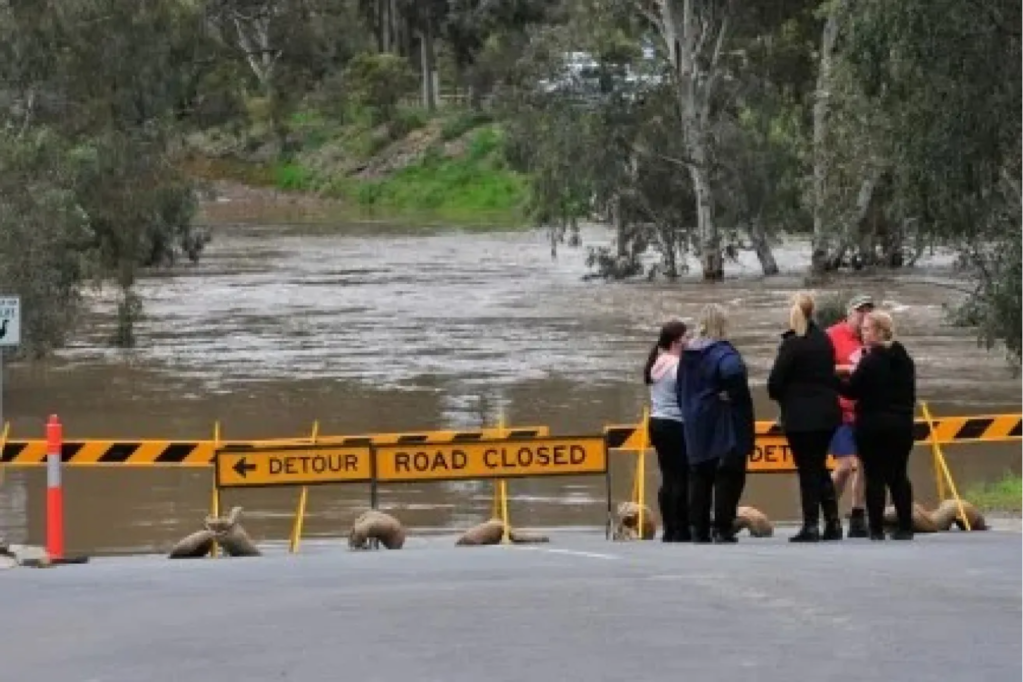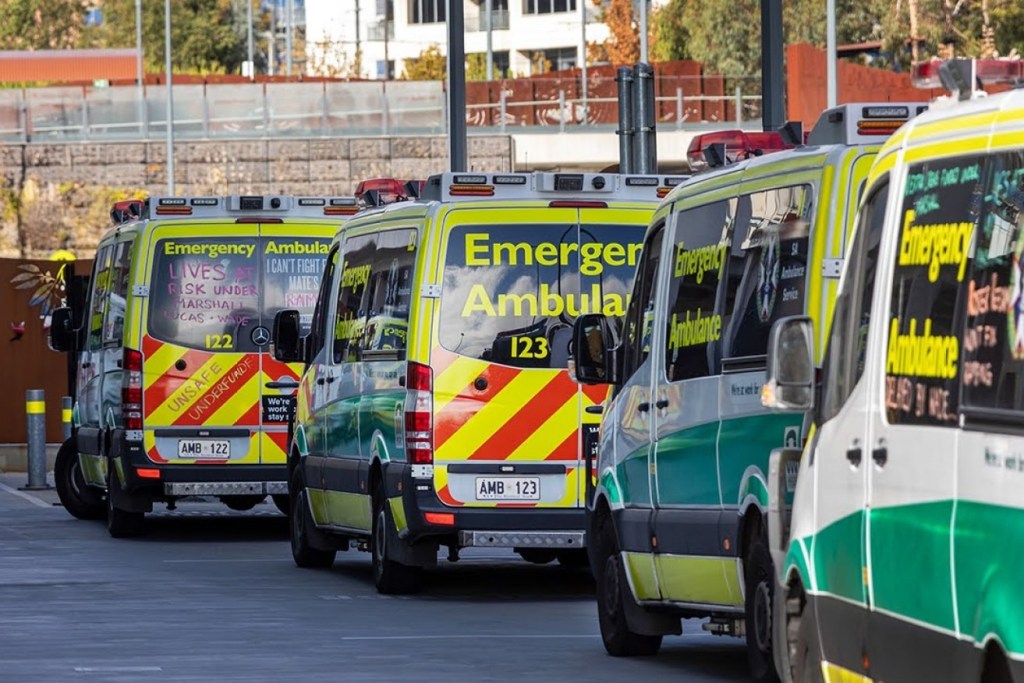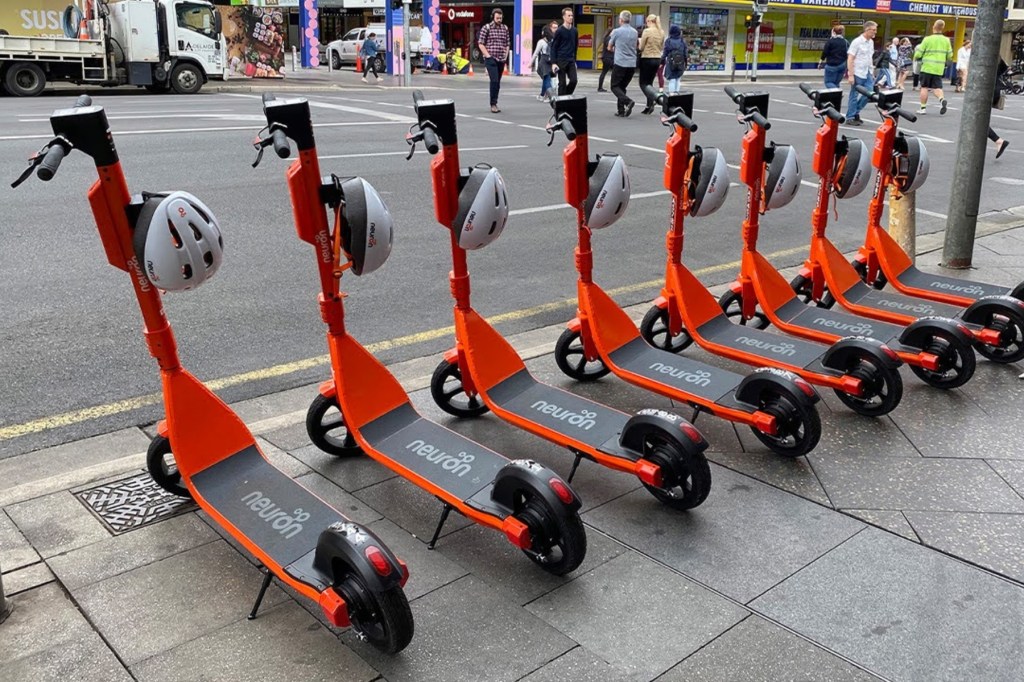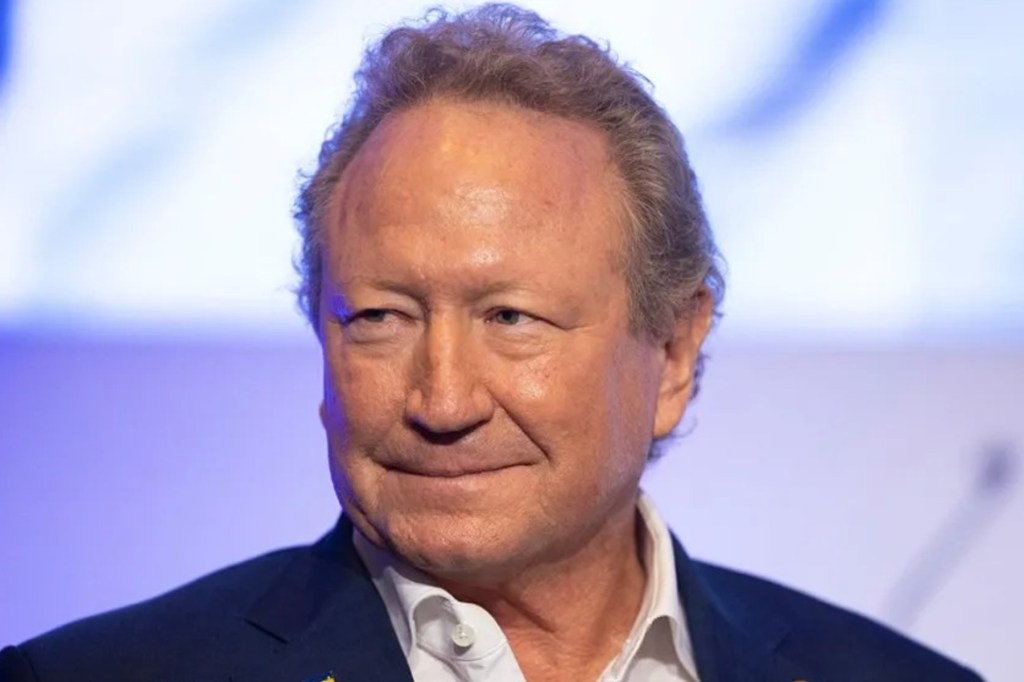SA’s high priority infrastructure projects identified
Regional Development South Australia has today released its five-year Infrastructure Prioritisation Report, identifying 23 projects across regional SA it considers high-priority.

The report provides a summary of priority infrastructure projects, their impacts on South Australia and the resources needed to create them.
Projects considered high-priority include the Hahndorf freeway interchange, flood protection and waterproofing for Gawler, the Quorn water supply, and the Riverland sustainable growth precinct.
The report identified the 23 projects could deliver more than $21.45 billion in benefits and create 21,700 construction jobs, according to RDSA.
The total value of the high priority projects is $13.04 billion.
Former premier and RDSA Chair Rob Kerin said the projects support regional housing development and address the “childcare desert” currently impacting several regions across the state.

RDSA chair Rob Kerin said regional projects will in turn promote state growth. Photo: supplied
“By recommending the improvement to regional infrastructure…we’re hoping it will pave the way for significant regional growth, which not only builds community strength, but builds capacity and improves the social fabric of surrounding areas,” Kerin said.
“Our regions drive our state’s economy, particularly when it comes to agricultural production, resources, construction and healthcare.
“By prioritising and advocating for projects, we can promote the state’s growth, which will benefit every South Australian.”
Stay informed, daily
RDSA is a not-for-profit organisation supporting economic development across the state, with funding from federal, state, and local governments.
The prioritisation reports are delivered every five years, the last released in 2018.
Of the top 20 projects identified in the last report, 11 of them are now funded and completed, or under construction, with a capital expenditure of $2.02 billion.








